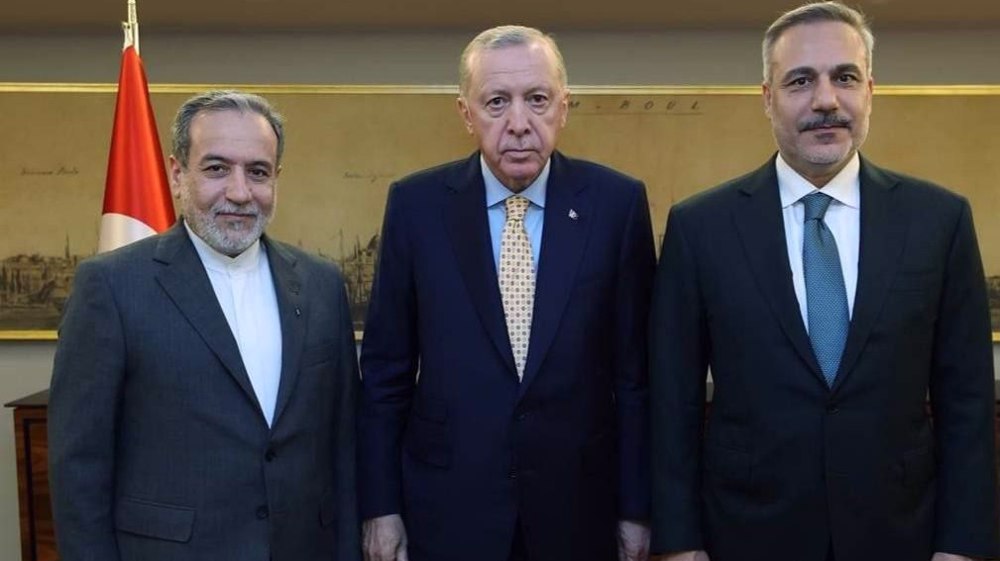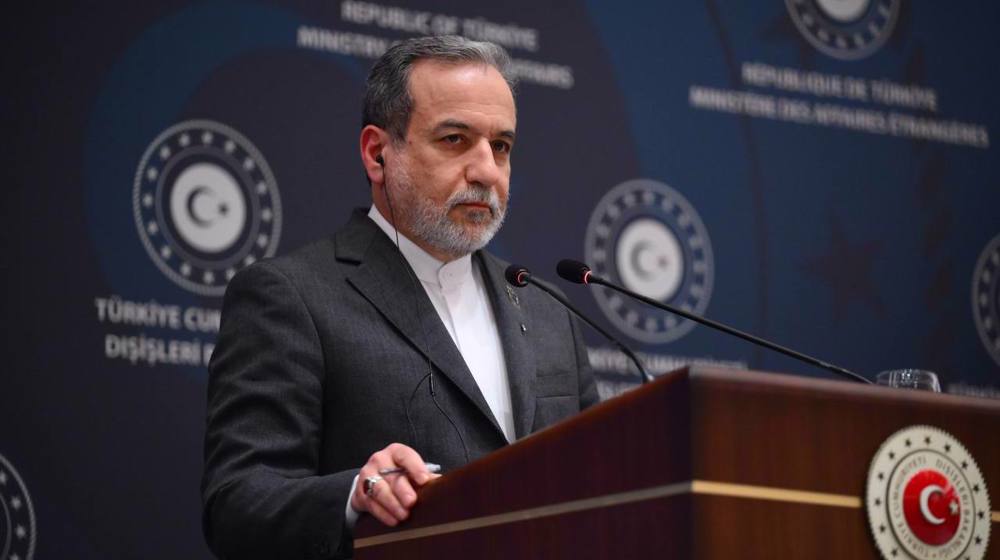Turkish military drone lands in Cyprus, tensions with Greece may rise
A Turkish military drone employed for the exploration of natural gas in the eastern Mediterranean has landed at an airport on the divided island of Cyprus, a move that is likely to add to tensions between Turkey and Greece.
The Bayraktar TB2 unmanned aircraft landed at the Gecitkale Airport in Famagusta around 0700 GMT on Monday after the breakaway northern Cyprus government approved the use of the airport for unmanned aerial vehicles (UAVs).
The Turkish Republic of Northern Cyprus (TRNC) said approval for the drone was given last week "in light of the latest developments in the eastern Mediterranean region" and "to protect the legitimate rights and interests of the TRNC and Turkey."
The TRNC's transport minister, Tolga Atakan, said the operation of Turkish drones were partly a response to the acquisition of Israeli drones by Cyprus in October to monitor its exclusive economic zone.
The Turkish Cypriot cabinet on Friday designated Gecitkale as a base for both unarmed and armed drones at the request of the Turkish government.
Last month, Turkey signed a deal with Libya’s Tripoli-based Government of National Accord (GNA) that could prove crucial in the scramble for recently discovered gas reserves in the eastern Mediterranean.
The agreement claimed extensive areas of the sea for Turkey, undercutting claims by Greece and the internationally recognized Republic of Cyprus, which runs the southern part of the island.
The maritime deal has angered Greece, which slammed it as an “infringement on its sovereignty” that could complicate Athens’ decades-old disputes with Ankara over Cyprus and maritime rights in the Aegean Sea. Greece has already expelled the Libyan ambassador to Athens over the deal.
Cyprus, Greece, Egypt and the Israeli regime have excluded Turkey from a new East Mediterranean Gas Forum. Some say Turkey is acting in retaliation.
In an interview with state broadcaster TRT Haber last week, Turkish President Recep Tayyip Erdogan said the maritime deal with Libya, which maps out a boundary between the two countries in the energy-rich eastern Mediterranean close to the Greek island of Crete, was in line with international law.
The agreement, he added, allowed Turkey to carry out drilling on Libya’s continental shelf with Tripoli’s approval.
Under the deal, he noted, Greek Cyprus, Egypt, Greece and Israel need Turkey’s consent for establishing a gas transmission line in the region.
Cyprus has been divided since Turkish troops invaded the northern third of the island in 1974 in response to a coup sponsored by the Greek military junta.
Ankara does not recognize the Republic of Cyprus, a member of the European Union, and says the TRNC has the right to explore around the entire island.
Turkey already has two drilling vessels in the eastern Mediterranean despite the threat of European Union sanctions.
Majority of Americans support Palestinian state as Israel backing declines sharply: Poll
New Israeli strikes kill more Palestinians across Gaza in 'serious violation' of ceasefire
Maliki urges respect for Iraq's sovereignty in meeting with Trump's special envoy
Iran urges restraint, immediate ceasefire as Afghanistan–Pakistan fighting escalates
VIDEO | Press TV's news headlines
VIDEO | Kabul residents call for calm as tensions escalate with Pakistan
Iran FM: Success of nuclear talks hinges on ‘seriousness’ of US
Pro-military Israeli journalist detained on suspicion of raping child: Reports











 This makes it easy to access the Press TV website
This makes it easy to access the Press TV website